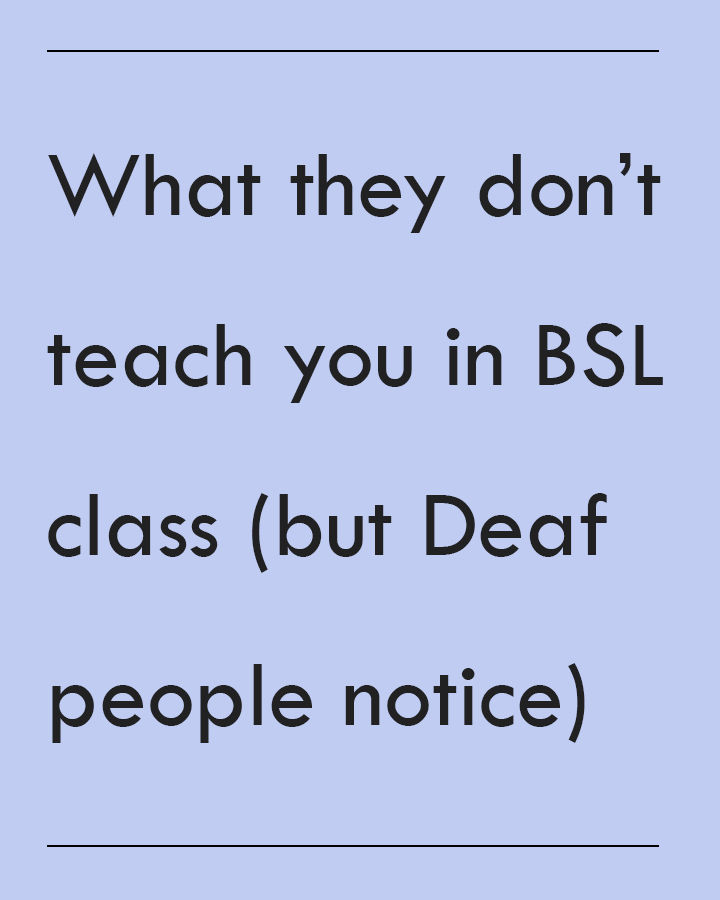More Than Words: Representation, Trust and the Role of BSL Interpreters
- Deaf Umbrella

- Oct 6, 2025
- 2 min read
If you’re a British Sign Language (BSL) interpreter, you’ll know that your role goes far beyond transferring language from one mode to another. Every time you interpret, you’re doing something much more powerful; you are helping shape how a Deaf person is seen and understood in that space.
That’s a huge responsibility. And it’s one worth reflecting on.
Who do you represent?
When you stand beside a Deaf professional, student, or community member, you are not only interpreting their words. You are representing their professional self, their personal self, their whole identity to a hearing audience who may only “know” them through you.

The choice of register, tone of voice, or even a single lexical choice can shift how someone is perceived.
Think of the difference between describing something as a “fracas” versus “a fight in a pub.” One choice may reflect your own identity and vocabulary rather than the Deaf person’s. Suddenly, their voice has bled into yours.
That’s the fine line: staying true to the Deaf person’s identity while avoiding overstepping into shaping it for them.
Trust at the heart of interpreting
For Deaf professionals, trust isn’t just about believing you’ll turn up and do your job ethically. It’s about trusting that you’ll represent them as they want to be seen. They may not always be able to monitor how you voice for them, so they rely on you to reflect their tone, intent, and professional presence.

Trust grows from more than technical skill. It’s built through relationships, respect, and consistency. It’s mutual too. Deaf people trust interpreters to represent them fairly, and interpreters trust Deaf people to guide them in how they wish to be represented.
It’s worth remembering: interpreters don’t just carry words across a language boundary. You co-construct identity. Every interaction you facilitate adds to how a Deaf person is perceived by hearing colleagues, clients, and peers.
That means your work has a direct impact on their professional success and wellbeing.
When representation is faithful and empowering, doors open.
When it slips, identities can be misrepresented, and opportunities can be lost.
The balance: responsibility without control
Being conscious of your power as an interpreter means constantly checking where responsibility ends and control begins. Your role is to give Deaf people presence and voice in spaces where systemic barriers exist, but not to take ownership of that voice.
That balance is delicate. It requires reflection, openness, and sometimes hard conversations with the people you work with:
How do you want me to represent you?
What feels right?
Where do you want me to step back?

At Deaf Umbrella, we’ve seen firsthand how much of a difference this makes. We know that interpreting is more than a service: it’s a relationship built on trust, respect, and shared responsibility. And we know that when interpreters take care not only of the language, but of the Deaf person’s identity, the results are powerful: Deaf professionals succeed, Deaf students thrive, and Deaf voices are truly heard.
So next time you step into the room, remember: you’re not just translating language. You’re representing a person, a professional, a life. Handle that role with care.




Comments